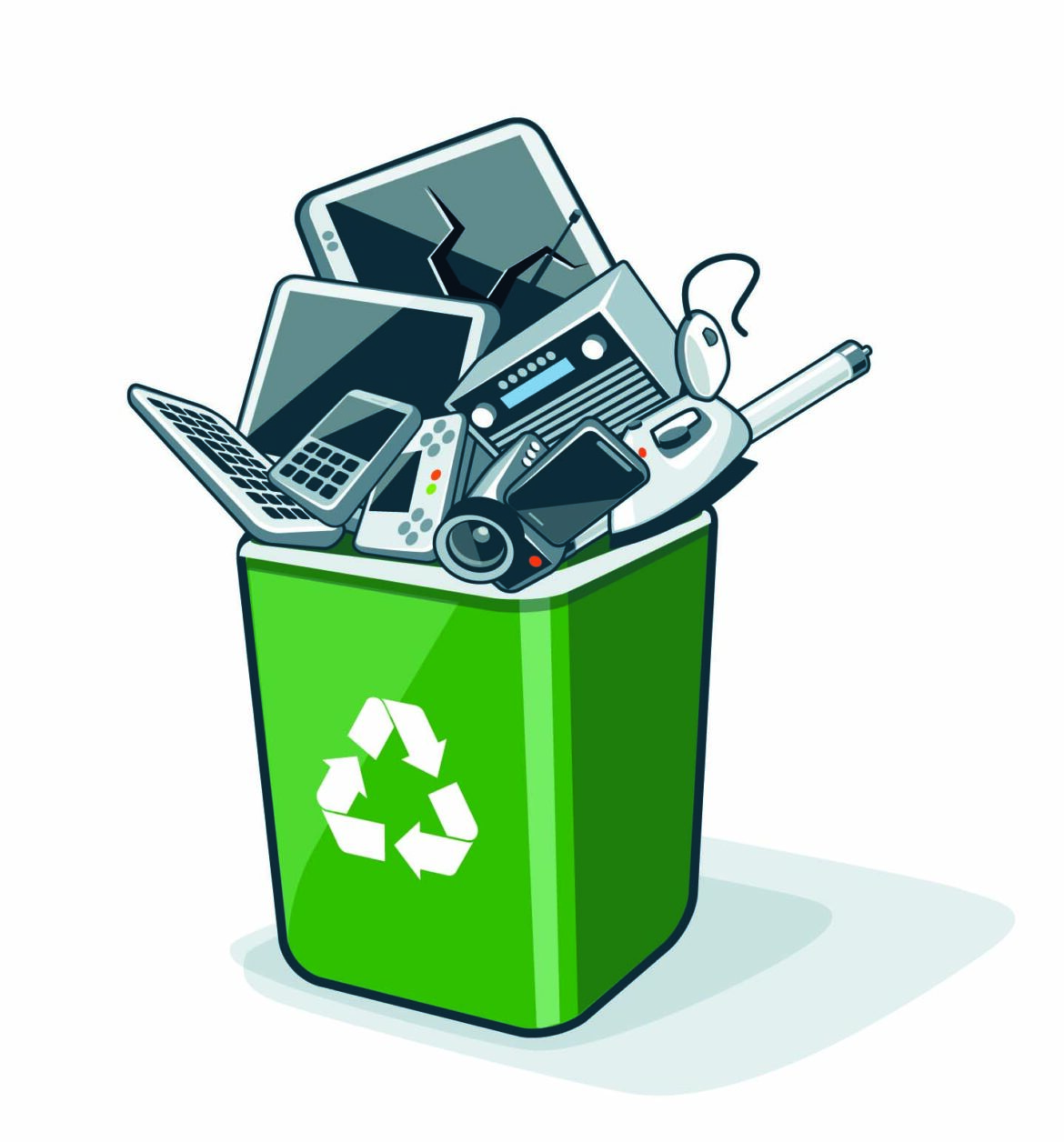As technology continues to advance at a rapid pace, the lifecycle of our tech products is becoming increasingly shorter. With the constant release of new gadgets and devices, it is crucial that we adopt sustainable practices to handle the electronic waste (e-waste) generated by these products. Recycling our tech products not only helps protect the environment but also allows for the recovery of valuable materials. In this article, we will explore the importance of recycling tech products and provide a comprehensive guide on how to recycle them responsibly.
- Understand the Importance of Recycling Tech Products:
Electronic waste poses significant environmental and health risks if not managed properly. Many electronic devices contain toxic substances like lead, mercury, and cadmium that can seep into soil and water if disposed of incorrectly. Additionally, e-waste often contains valuable materials such as gold, silver, copper, and rare earth metals that can be recovered through recycling. By recycling our tech products, we reduce the demand for raw materials, conserve energy, and prevent hazardous materials from contaminating the environment.
- Research Local Recycling Programs:
Before recycling your tech products, it is important to understand the recycling options available in your area. Start by researching local recycling programs, facilities, or collection events that accept electronic waste. Check with your municipality or local waste management agency to learn about their policies and guidelines regarding tech recycling. Some communities have dedicated e-waste recycling centers, while others provide periodic collection events for electronic devices. Understanding the options available to you will make the recycling process more convenient and efficient.
- Erase Your Data:
Before recycling any tech product that stores personal data, it is crucial to ensure that all sensitive information is properly removed. Take the necessary steps to delete your personal files, accounts, and any stored data. For smartphones, tablets, and computers, perform a factory reset to wipe all data from the device. For other devices like cameras or external hard drives, manually delete files and format the device to remove any traces of personal information. It is essential to protect your privacy and prevent any potential data breaches during the recycling process.
- Donate or Sell Working Tech Products:
If your tech product is still functional and in good condition, consider donating or selling it before recycling. Many organizations and charities accept used electronics, which can be refurbished and given to those in need. Alternatively, you can sell your device online through platforms like Craigslist or eBay, or trade it in at electronic stores that offer buyback programs. Extending the life of your tech products through donation or resale is an eco-friendly way to reduce waste and ensure that the device continues to be used.
- Find Certified E-Waste Recyclers:
When it comes to recycling tech products, it is important to choose certified e-waste recyclers. These recyclers have the necessary infrastructure and expertise to handle electronic waste safely and responsibly. Look for recyclers that are certified by reputable organizations such as R2 (Responsible Recycling) or e-Stewards, which set standards for environmentally sound practices in the e-waste recycling industry. Certified recyclers ensure that your tech products are properly dismantled, and the materials are recovered and recycled in an environmentally friendly manner.
- Recycling Mobile Devices:
Mobile phones are among the most commonly replaced tech products, making it crucial to recycle them properly. Many manufacturers and wireless carriers have recycling programs for mobile devices. You can return your old phone to the manufacturer or carrier’s store, or mail it back using prepaid shipping labels. Additionally, there are numerous non-profit organizations and retailers that accept mobile phone donations for recycling or reuse. Remember to remove the SIM card and any personal information from the device before recycling.
- Take Care of Batteries:
Batteries, such as those found in laptops, smartphones, and other portable devices, require special handling during recycling. Many recycling programs accept batteries separately from other tech products. Some electronics retailers and battery manufacturers offer collection points for battery recycling. If you cannot find a local recycling program, check with your local waste management agency for guidance on battery disposal. Properly recycling batteries prevents hazardous substances from seeping into the environment and allows for the recovery of valuable metals.
Conclusion:
Recycling our tech products is a responsibility we all share to protect the environment and conserve valuable resources. By understanding the importance of recycling, researching local recycling programs, and following proper disposal guidelines, we can make a significant positive impact. Whether it’s mobile devices, computers, cameras, or other electronics, each item should be recycled responsibly. By erasing personal data, donating or selling working devices, and choosing certified recyclers, we can ensure that our tech products are handled safely and sustainably. Let’s embrace responsible recycling practices to create a greener and more sustainable future.




